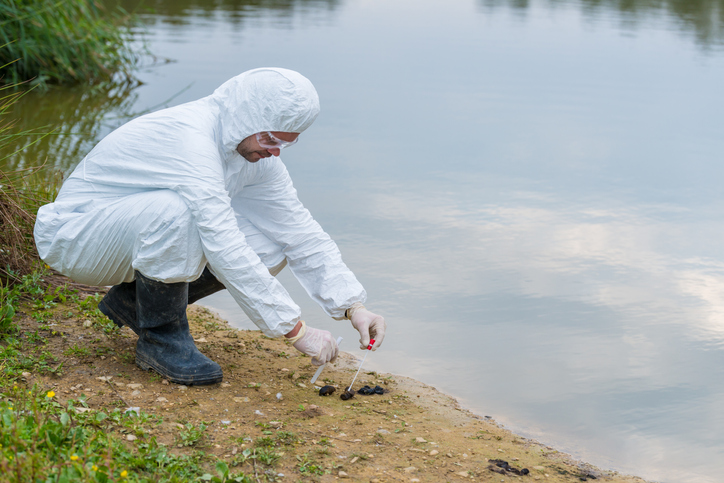A career in wildlife conservation requires a lot of attention and hard work and should only be followed by those who are passionate about animals and who want to protect and learn more about them. Government agencies, Wildlife NGOs, and some others related to the field, provide opportunities to have a career in wildlife conservation.

Wildlife Conservationists work to preserve ecosystems and maintain biodiversity. They do not only prevent endangered species but also help to prevent wild forest fires and preserve natural resources like soil and water.
Following are a few career options in this field :
Indian Forest Services (IFS)
Indian Forest Services (IFS) Officer is like a Wildlife Conservationist who primarily ensures implementation of National Forest Policy and is employed by the Government.
Wildlife Biologist
As the impact on the world due to human activities keeps growing continuously, a career as Wildlife Biologist requires work like gathering, analysing and interpreting data of animals and its habitats including disease, genetics, behaviour and pollution impact to improve habitat conditions in order to conserve wildlife. An individual applying for this field should not only be able to understand information mentioned in the scientific studies but also should be efficient enough to handle wild animals, work with acid and infected blood.
Wildlife Manager
Students wanting to pursue this role must have an interest in biodiversity and should strive to protect natural resources. The job of a wildlife manager consists of maintaining and manipulating the humans or wildlife habitats to produce benefits not only for the public in general but also for the animals. A wildlife manager should apply and formulate solutions to problems related to wildlife habitat management.
Wildlife Educator
Educators play a vital role in the field of wildlife conservation as they provide information about wildlife to the youth. A wildlife educator has a career of teaching in schools and universities about aspects related to the environment which covers the geographical conditions of the location of wildlife, their habitat and more. Students wanting to apply for this career should have good communication skills and the ability to work with children.
Outreach Specialist
Professionals in this field use economic and conservation principles to help in restoring and maintaining wildlife. These professionals mostly interact with industries, citizens, private and corporate landowners to assist them with wildlife management. Individuals need to have critical thinking abilities to be able to do well in this field.
Public Relations and Communication Specialist
Specialist in this field interprets wildlife researches and conservation programmes in order to exhibit it to others. The job mainly includes creating brochures and websites, writing articles and news releases, speaking at public gatherings or conversing through media.
Wildlife Consultant
A career as a wildlife consultant is a full-time job. Professionals in this field need to assist in fields, habitats, conduct surveys, observe wildlife and do many more tasks. Consultants need to follow rules laid down in National environmental policy and ensure quality environments. One of the tasks of a wildlife consultant is to settle impacts made due to various actions proposed on the environment.
GIS Specialist
Specialists in this field work with geographic information systems. The task of a GIS specialist is to interpret data and put forth policy and management recommendations regarding wildlife and its habitat. Individuals wanting to apply to become a GIS professional should have a background in computer science and have knowledge about programming as they are used to create tools.
Students interested and passionate towards any of this field should pursue it based on their interest and qualifications. They need to obtain a Bachelor’s degree in a subject related to this field like Wildlife Biology, Marine Biology, Zoology, etc., followed by a Master’s degree in Wildlife Biology and Conservation and get certified as a Wildlife Biologist. To become an IFS officer, you need a Bachelor’s degree with at least one of the subjects namely, Animal Husbandry & Veterinary Science, Botany, Chemistry, Geology, Mathematics, Physics, Statistics and Zoology, Agriculture, Forestry or Engineering from a recognized university and then you need to clear the IFS examination conducted by UPSC annually.

